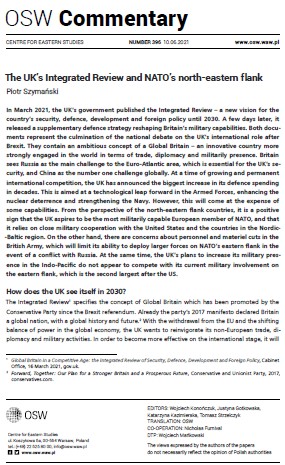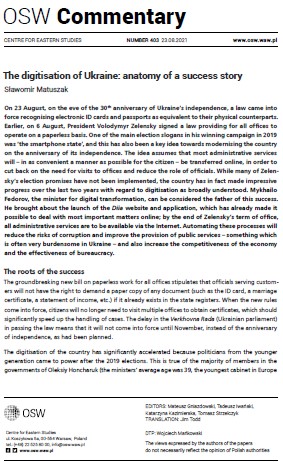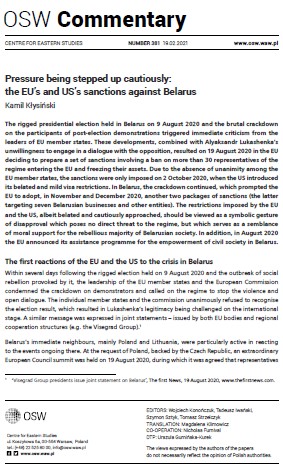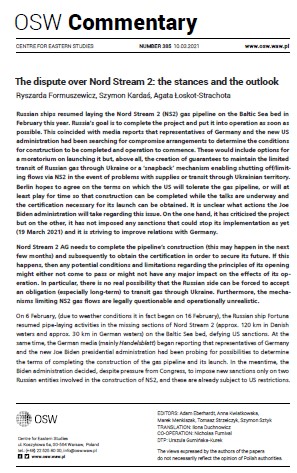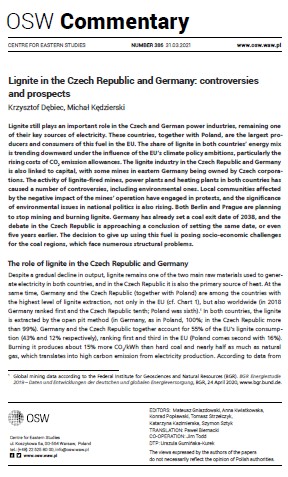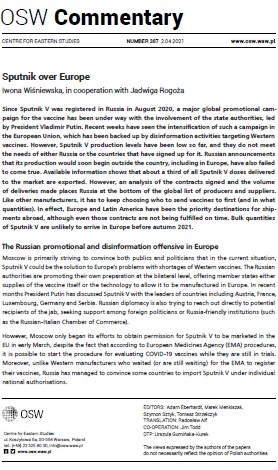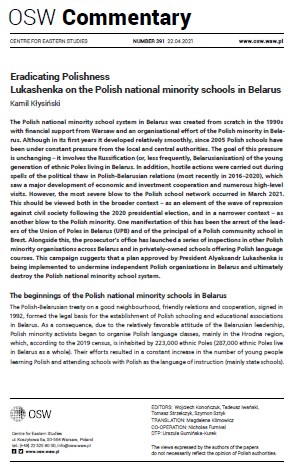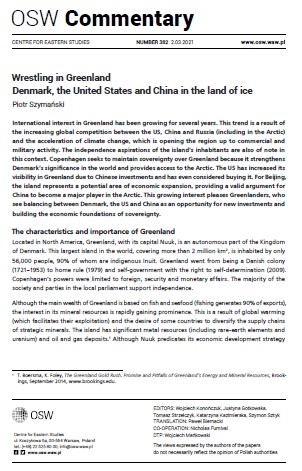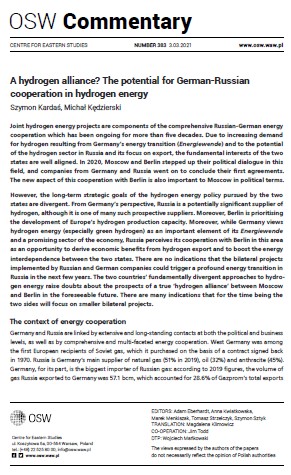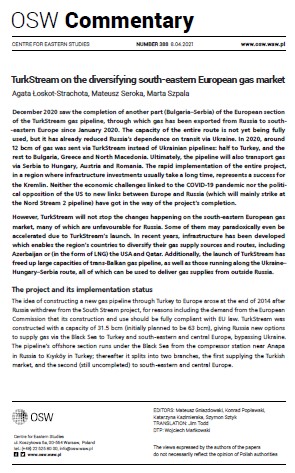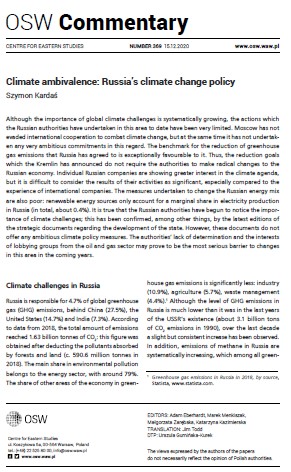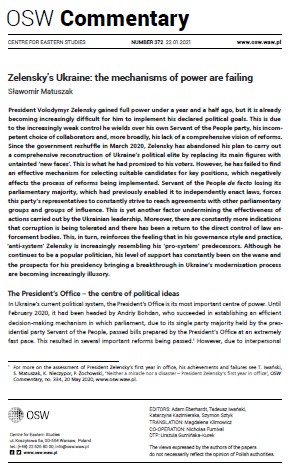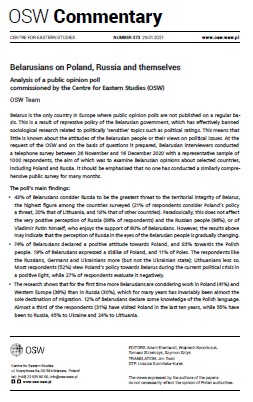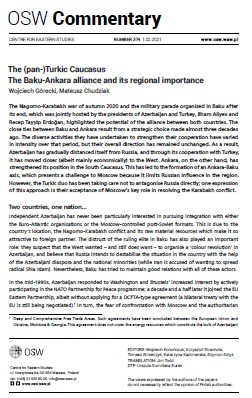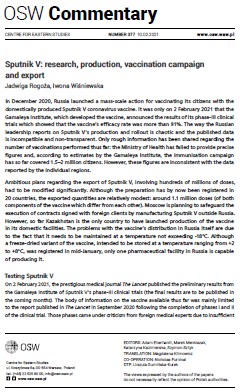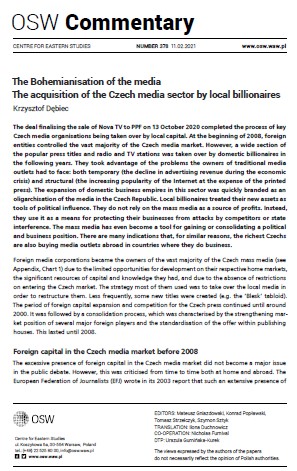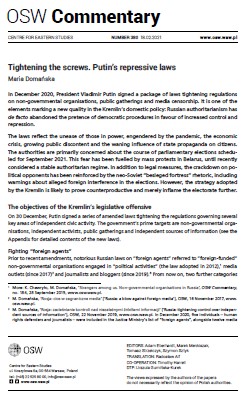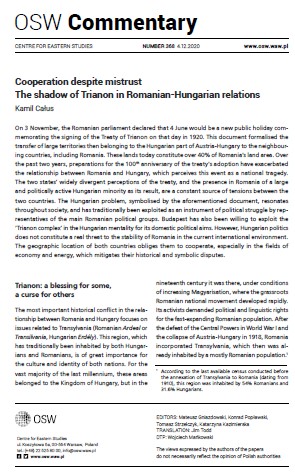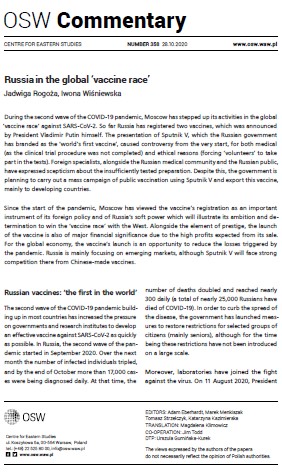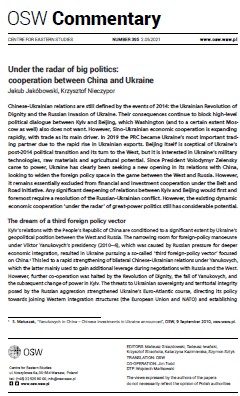
Under the radar of big politics: cooperation between China and Ukraine
Under the radar of big politics: cooperation between China and Ukraine
Keywords: China and Ukraine; Foreign policy; Sino-Ukrainian; Russia; USA; Economic cooperation; Kyiv and Beijing;
Chinese-Ukrainian relations are still defined by the events of 2014: the Ukrainian Revolution of Dignity and the Russian invasion of Ukraine. Their consequences continue to block high-level political dialogue between Kyiv and Beijing, which Washington (and to a certain extent Moscow as well) also does not want. However, Sino-Ukrainian economic cooperation is expanding rapidly, with trade as its main driver. In 2019 the PRC became Ukraine’s most important trading partner due to the rapid rise in Ukrainian exports. Beijing itself is sceptical of Ukraine’s post-2014 political transition and its turn to the West, but it is interested in Ukraine’s military technologies, raw materials and agricultural potential. Since President Volodymyr Zelensky came to power, Ukraine has clearly been seeking a new opening in its relations with China, looking to widen the foreign policy space in the game between the West and Russia. However, it remains essentially excluded from financial and investment cooperation under the Belt and Road Initiative. Any significant deepening of relations between Kyiv and Beijing would first and foremost require a resolution of the Russian-Ukrainian conflict. However, the existing dynamic economic cooperation ‘under the radar’ of great-power politics still has considerable potential.
More...
